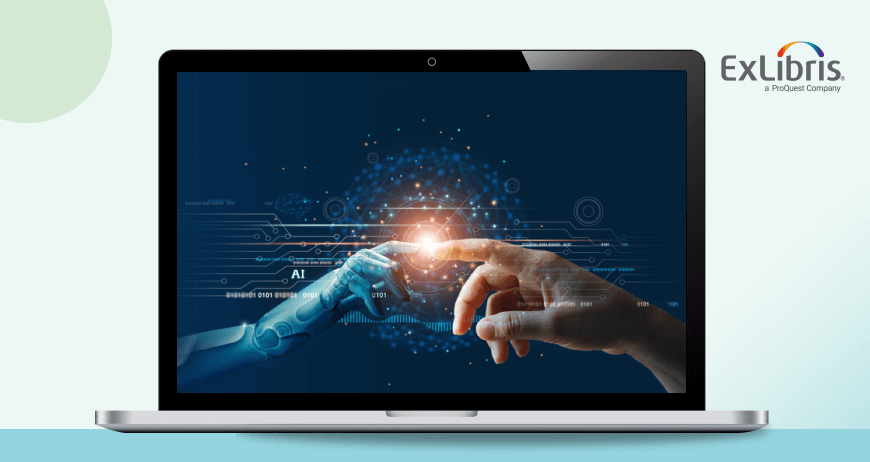At Clarivate™, we are committed to developing innovative solutions in response to some of the biggest challenges in higher education. With Alethea, our AI enhanced teaching assistant, we are leveraging technology to support educators facing the difficulty of declining reading skills among students on college campuses.
Critical reading skills are a cornerstone of student success. However, The Chronicle of Higher Education1 recently noted a trend where “students have less ability to read at length and they struggle to understand what they are reading.”
Beth McMurtrie, author of this article, explained: “While colleges and universities once offered focused help with reading in developmental courses, many of those courses have been abandoned in the face of cutbacks.”
With Alethea, faculty like Dr. Tracy Elliott, Professor and Library Dean at Florida Gulf Coast University (FGCU), have discovered an ingenious tool that helps bolster students’ reading critical skills so they can get more out of their programs of study – and then transfer those valuable skills into the workplace after graduation.
How does Alethea help instructors in the classroom?
In a conversation with Eran Segal, Alethea Founder and Senior Director of Product Management at Clarivate, Dr. Elliott said assessments at her institution confirmed “students have a difficult time summarizing evidence from a text and then synthesizing it into their paper. And this goes from first-year students all the way up to graduate school.”
She shared that as an instructor in FGCU’s Library Science and Education programs, she’s frequently observed that while students can find authoritative, peer-reviewed sources to use in their work, “they either don’t understand what they are reading so they are interpreting incorrectly it or there’s no connection at all between their sources and what they are writing.”
One of the core goals of Alethea is to surface invaluable insights into how students engage with reading assignments so instructors can understand where students are struggling. As a result of using Alethea in her teaching, Dr. Elliott said she can see “exactly where I lose my students, either in my lectures or in the text.”
She can then adjust her teaching to respond precisely to areas where students have difficulty, whether by addressing those difficulties in her lectures or by providing supplemental resources to cultivate improved reading comprehension skills.
The results, Dr. Elliott noted, were “phenomenal.”
She explained, “These were students that had been struggling and with the help of Alethea in my fall course, everybody got an A because they all earned it.”
Learn more about Alethea and AI development at Ex Libris
To learn more, watch a recording of this conversation (including a demo of Alethea in action), or read the previous article in our AI blog series for an overview of how Alethea uses AI to nurture meaningful engagement with academic texts, class readings, and assignments.
Academic libraries are vital for accessing trustworthy scholarly material. Download this whitepaper to learn how new methods and technologies, like Generative AI and other integrated library system, can enhance the library’s discovery service experience and align it with dynamic user expectations.
Additional sources cited:










